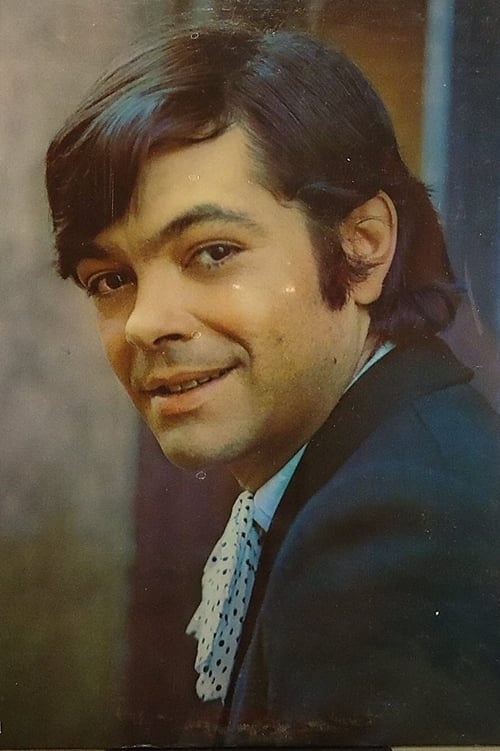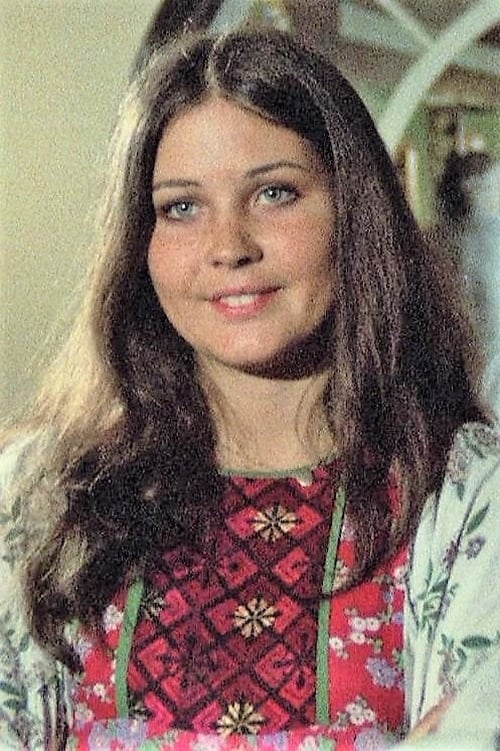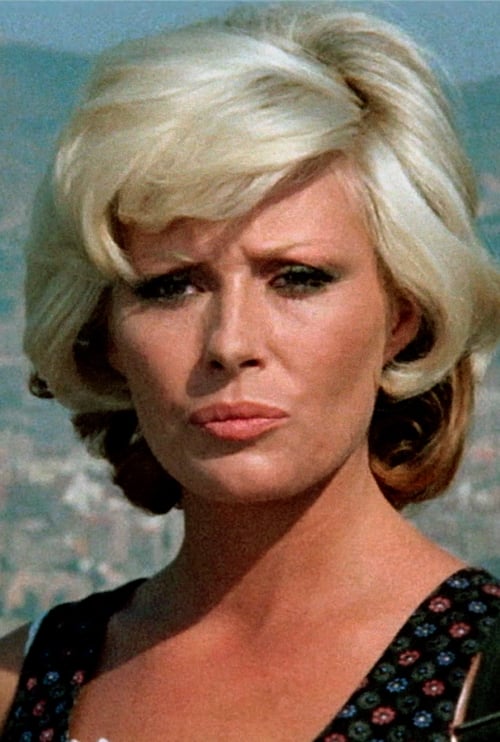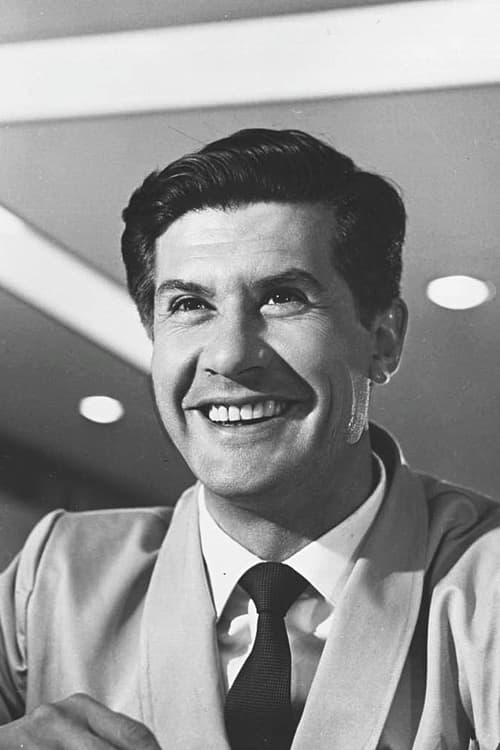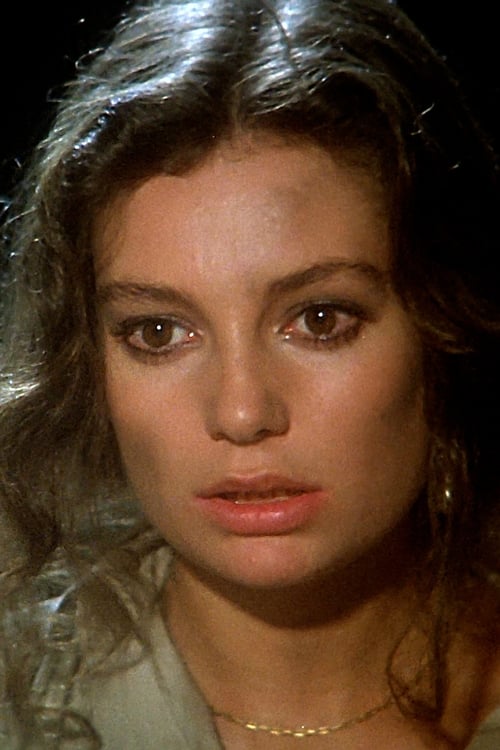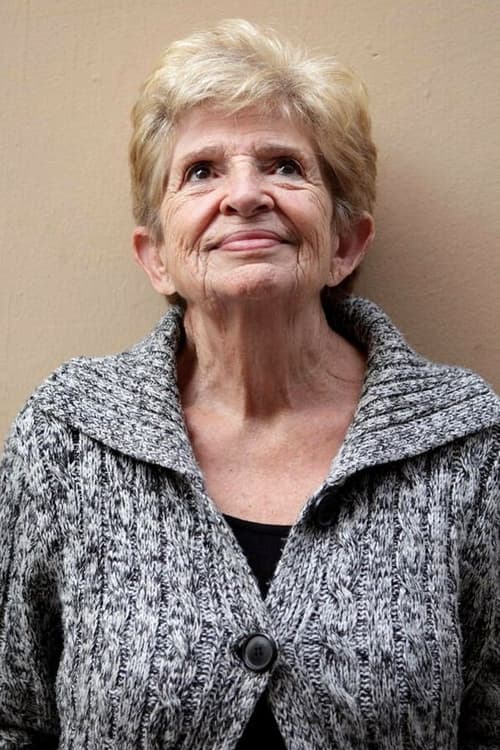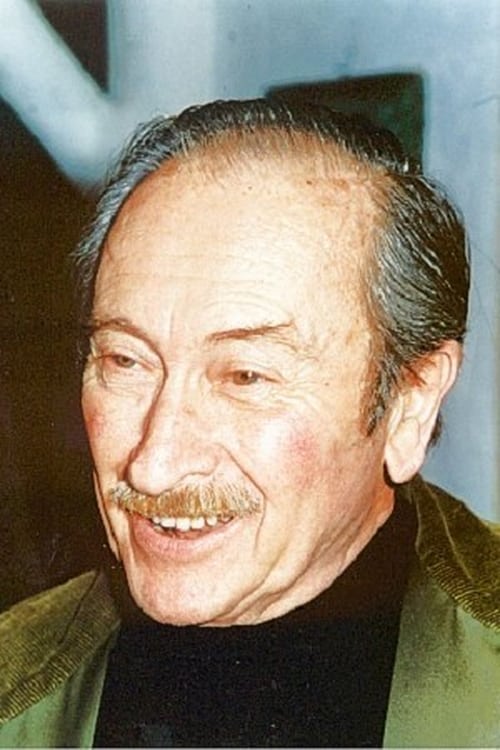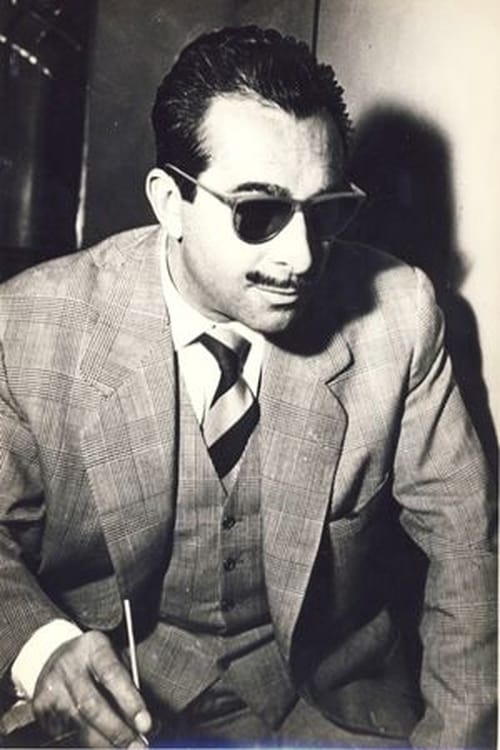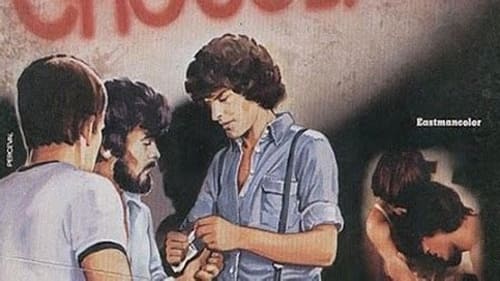¿Y ahora qué, señor fiscal? (1977)
ジャンル : ドラマ
上映時間 : 1時間 52分
演出 : León Klimovsky
シノプシス
Working-class dude grows up surrounded with petty delinquency and ghetto temptations; he marries a rich girl and faces the disapproval of her parents. Then the young couple plans a crime...

Introverted Girona student Nacho meets two delinquents from the city's Chinatown and gets caught up in a summer onslaught of burglaries and hold ups that will change his life.

A veteran policeman named Fernando feels a lot of hatred against Ángel because the boy ran him over with a car leaving him lame. Now Fernando accuses the young crook of having participated in a robbery at a gas station in which a murder has occurred. Helped by his friends, Ángel rebuilds the facts that serve him as an alibi, but while he is in pre-trial detention in La Modelo prison (Barcelona) a terrible mutiny will take place.

A teacher discovers his calling. Marco relocates to Palermo from Milan and takes a job teaching in a reform school while he waits for a high school position. He tries to understand and motivate his handful of students, reading them colloquial poetry, encouraging them to stand up for their rights, finding out about their histories. Natale, in for murder, enamoured of the Mafia, the King Rat within the group; Mery, a drag queen, arrested for assault when defending himself, in love with Mario and, in daylight, rejected by all; Pietro, illiterate, muscular, believing his destiny is set; the callow Claudio, vulnerable, learning to harden himself. What can Mario learn and do in such a short time?
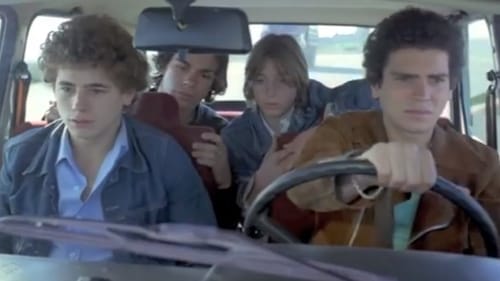
A chronicle of the life of Jaro, the leader of a juvenile delinquent gang, depicting his rise from street urchin to outlaw anti-hero on the way to his inevitable end.
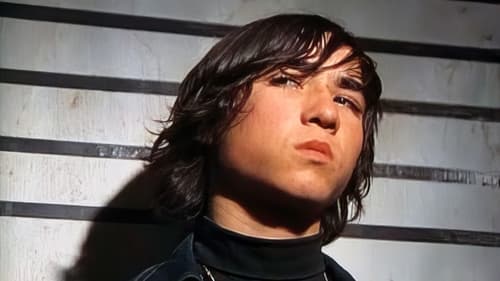
Perros Callejeros is based on the juvenile delinquency of the 1970s and 80s in Spain. The story is set in Barrio de la Mina in Barcelona one of the most conflict neighbourhoods in Spain. The characters chosen were real juvenile delinquents all with criminal records, which the director used to give the film a realistic touch. This film is very powerful and dramatic, it shows how these kids were brought up to survive on the streets.
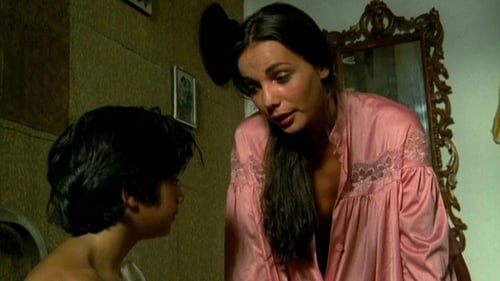
Juan Jose Moreno Cuenca, alias the Heifer, is 23 years old and tells his story as a criminal offender from 1 Ocaña Toledo. Fatherless, the offender has his childhood and how everything changed when her mother went to prison.
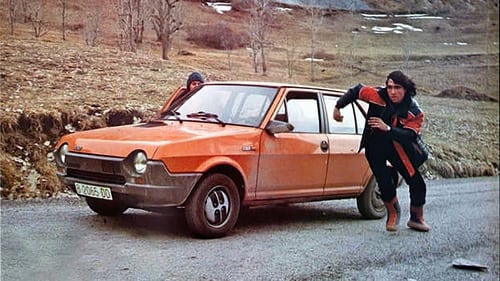
While the Torete rob banks, the Heifer, another delinquent who has not noticed it, enters the same place to rob him. After failing the coup, both decide to associate.
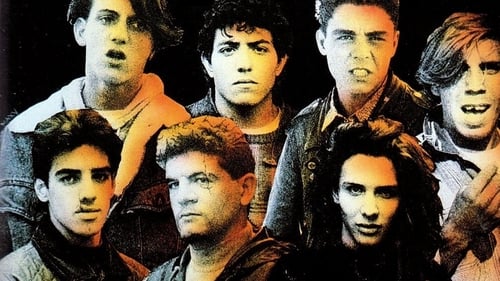
Young men with no future have little in the present as well. Natale is released from prison: he takes up with his friends again but none can find work. Claudio, from Palermo, gets out of juvenile detention in Naples and he's met by Vita, a girl who's come from home to run away with him. Where can they go? A young dad, whose potato stall at the market is shut down because he has no permit, takes his two small children to the beach and yells at them. Mario, gay, a prostitute in drag, gets a visit from his mom; he offers tea, then finds the water to his apartment is shut off. Social workers drop by, parole officers file reports. What hope is there? What options besides crime?

Paco, son of the commander of the Guardia Civil Evaristo Torrecuadrada, has been involved in Bilbao in the murder of a drug dealer couple. His fathers' efforts in suppressing evidence have nothing to do when the crime appears in the press. Paco is arrested and goes to prisson, where he return to do drugs.
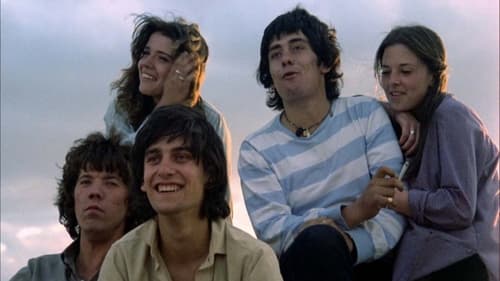
Angela is a young waitress who turns her back on society when she meets and falls in love with Pablo, a reckless criminal delinquent. Along with Pablo’s gang of car thieves, the pair embark on a drug and disco-fueled robbery spree as they hurtle toward oblivion.

The plot follows the misadventures of two young friends who are forced into street hustling and ever-expanding life of crime when one impregnates the sister of the other and they need to get the money to pay for her to have an abortion.

Latest example of Spanish "neokinki" cinema, which was popular in the late seventies/early eighties, right after the end of Franco's dictatorship. Destructured families of low social classes are the perfect environment for delinquency, drugs, violence and broken lives.
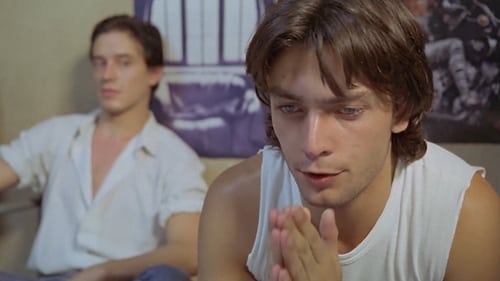
The story of El Nani, a juvenile delinquent from the years of the Transition, whose disappearance in a police station after an interrogation has not yet been clarified, putting the accent on the denunciation of police brutality and speculating on the outcome of the story. A story that mixes political denunciation and social chronicle of an era.

Commissioner Mendoza must join forces with the honorable civil guard, to stop the activities of a network of drug traffickers with international contacts that intend to act in Spain.
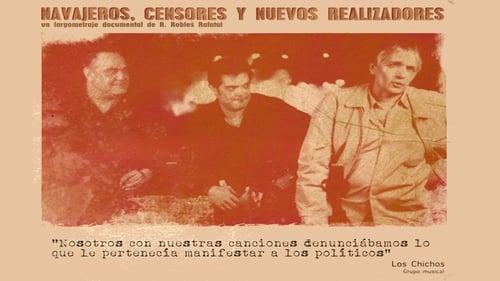
Spain. 1978. Year of the first democratic elections following the dictatorship, and of the birth cine quinqui (delinquent movies): films that rapidly became a big commercial success, showing things that were banned by the censorship not too long before.

"El Rata" is released from prison after having served a sentence for "political" crimes during Franco's dictatorship. Now, on the street and with very few opportunities to work, he decides to commit a crime again.

Fernando, lives in the heart of Barcelona's Chinatown, which seeks life peddling amphetamines and alternating with a peculiar gallery sinister characters. In one of those sunrises stolen life, Fernando meet Elsa, a young teenager, fresh and lively, with a passionate and self-destructive personality who unwittingly become the most addictive. Together they try to survive in a shadowy villain and Barcelona at the end of the day is taken by the renegades of society and their particular codes.

